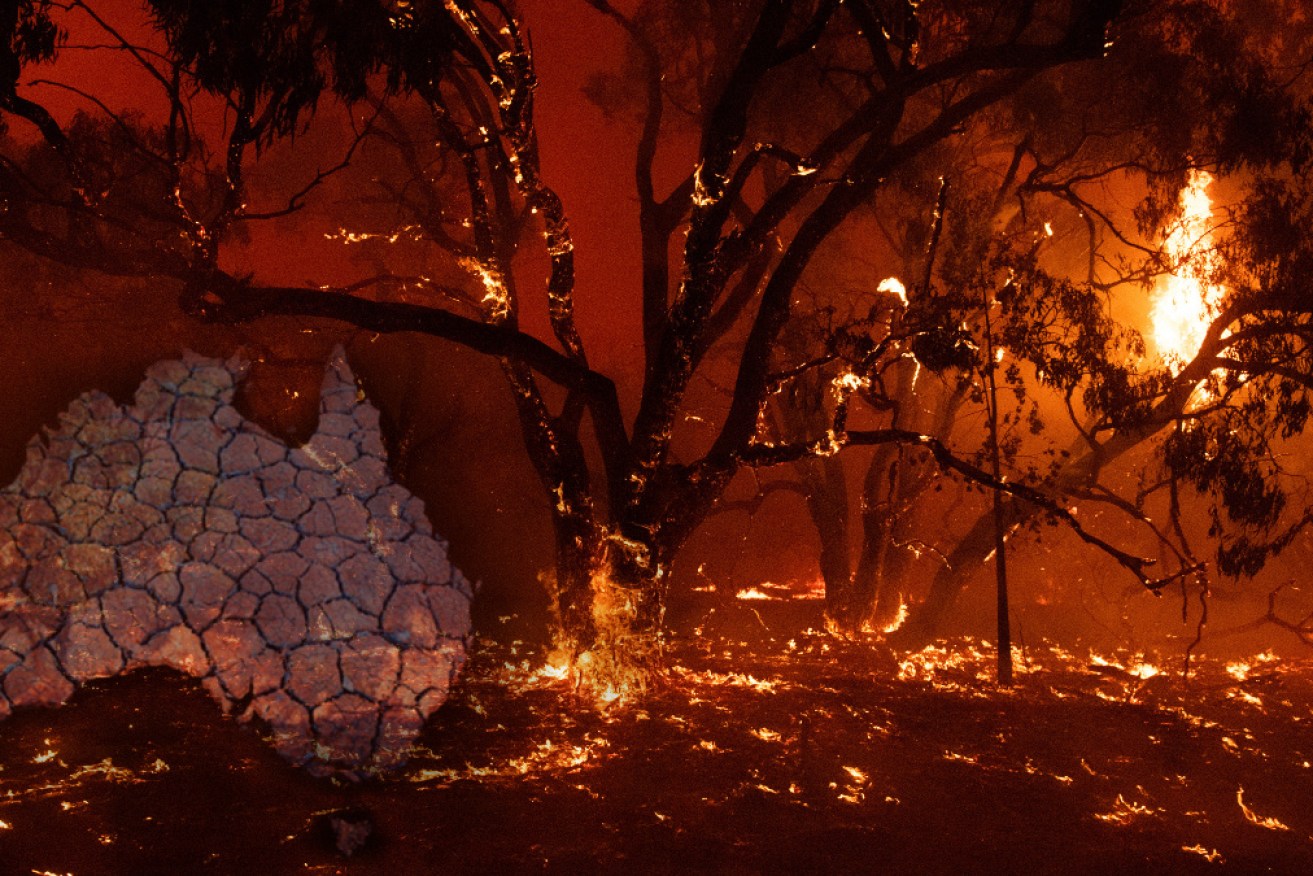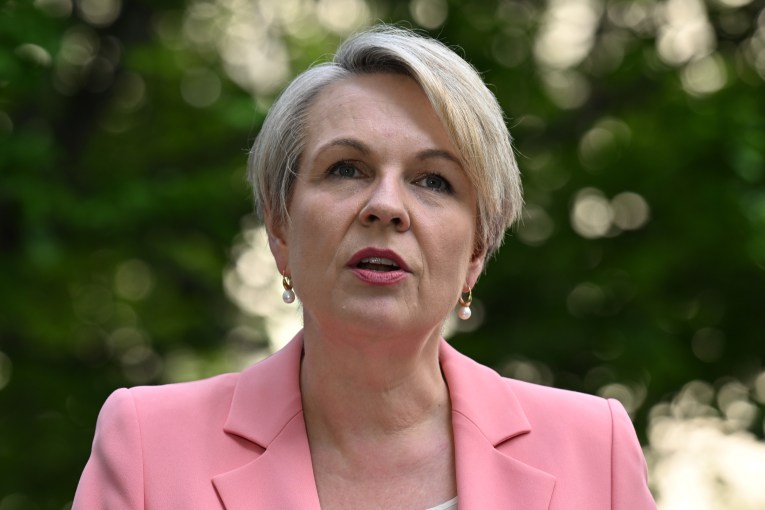Bushfire royal commission: ‘Black Summer’ not just a one-off

The royal commission's first hearings will last for a fortnight.
Australia faces even more dangerous bushfire conditions in the future, say scientists who warn the devastating 2019-20 blazes are not a one-off event.
The coronavirus pandemic has slowed the recovery from the bushfires and interrupted planning for future fire seasons, the natural disasters royal commission noted as its public hearings started.
The Bureau of Meteorology says Australia is experiencing longer bushfire seasons with more extreme fire danger days.

The Australian bushfire season is going to get worse.
Large fire events like the ‘Black Summer’ 2019-20 bushfires are occurring more frequently, its head of climate monitoring Dr Karl Braganza said.
“This isn’t a one-off event that we’re looking at here,” he told the royal commission on Monday.
“Really, since the Canberra 2003 fires, every jurisdiction in Australia have seen some really significant fire events that have challenged what we do to respond to them and have really challenged what we thought fire weather looked like preceding this period.
“The frequency of these events, if we look at the historical record, seems to be increasing.”
It’s going to get worse
Research by the bureau and the CSIRO shows the fire danger is very likely to increase in the future for many regions of Australia, exacerbated by the increased occurrence of extreme heat events.
“These dangerous weather conditions for bushfires are likely to occur at least in part due to increasing greenhouse gas emissions,” senior CSIRO scientist Dr Helen Cleugh said.
Fires burning in heavily forested areas also generated their own weather and thunderstorms – called pyroconvection – which Dr Cleugh said can provide an ignition source and also affects the spread of fires.
“The risk of fire danger is both due to the long-term drying and warming which is conditioning the landscape but also the extreme fire weather that is observed partly due to climate change,” she said.
The ‘Black Summer’ bushfires killed 33 people, destroyed more than 3000 homes and burnt about 12 million hectares across Australia.

Mallacoota, in far eastern Victoria, at the height of last summer’s bushfires.
Royal Commission into National Natural Disaster Arrangements chair Mark Binskin said many bushfire-affected communities were still grieving.
“The tragic loss of life, the destruction of homes, the significant loss of livestock and millions of hectares of forest has been devastating and continues to deeply affect people and their recovery.”
Mr Binskin said in many cases, the ongoing effects of the bushfire season were being further compounded by the measures necessary to address the coronavirus pandemic.
Senior counsel assisting the commission Dominique Hogan-Doran SC said the ongoing impact of the pandemic had been profound.
“As the evidence will show, the recovery from the devastating impacts of the 2019-20 bushfire season has been slowed and fragmented,” she said.
“Planning for future seasons appears to have been interrupted.”
An unlikely alliance
An unlikely alliance of business and environment groups has banded together to make a stand on the importance of a cleaner economy.
The group say that beyond the coronavirus pandemic, Australia’s prosperity depends on dealing with long-term challenges like moving towards net zero emissions.
The alliance includes the Australian Industry Group, Business Council of Australia, St Vincent de Paul Society, Property Council of Australia, Australian Conservation Foundation and the Australian Council of Trade Unions.
“Economic recovery efforts can and should contribute to addressing these long-term challenges,” they said in a joint statement on Monday.
“Our organisations encourage governments to bolster their jobs and recovery strategies with measures to reduce emissions and accelerate successful energy transitions across all Australia’s regions and economic sectors.”
The group says improving energy efficiency across Australian homes as well as commercial buildings can help lower power bills, cut emissions and improve health and safety during hot summers.
They are urging all levels of government to integrate virus recovery plans with long-term emissions strategies, grid planning, carbon farming development and bushfire recovery.
-AAP








